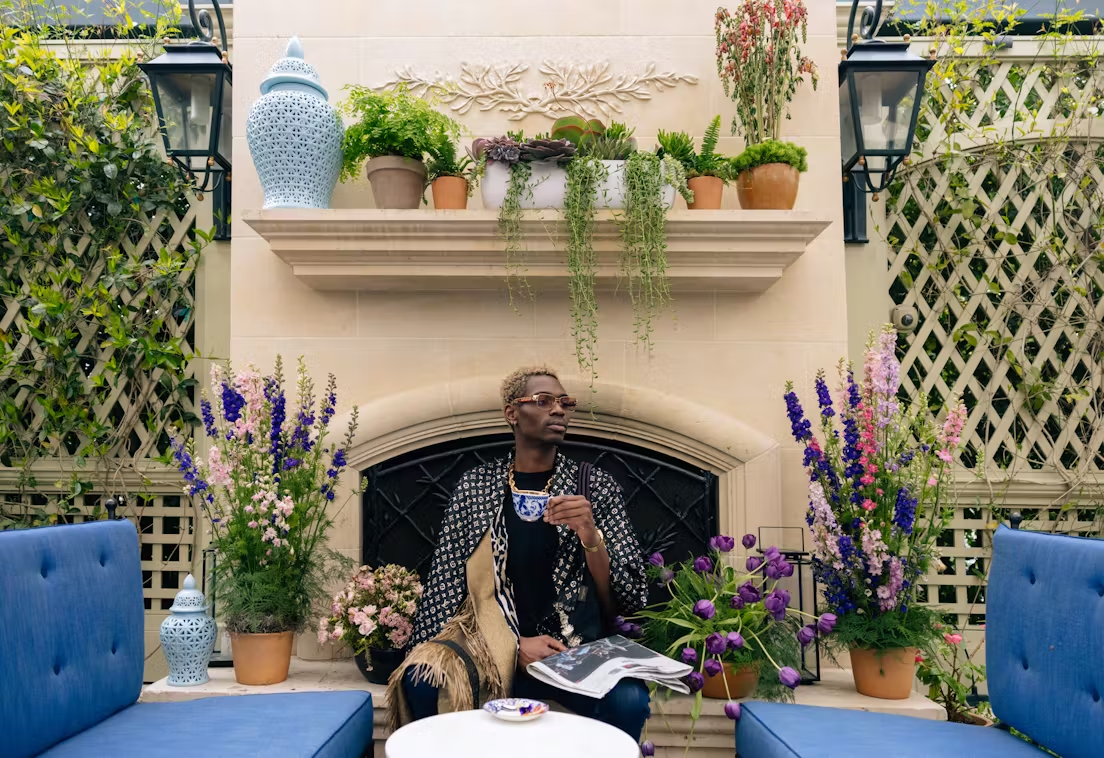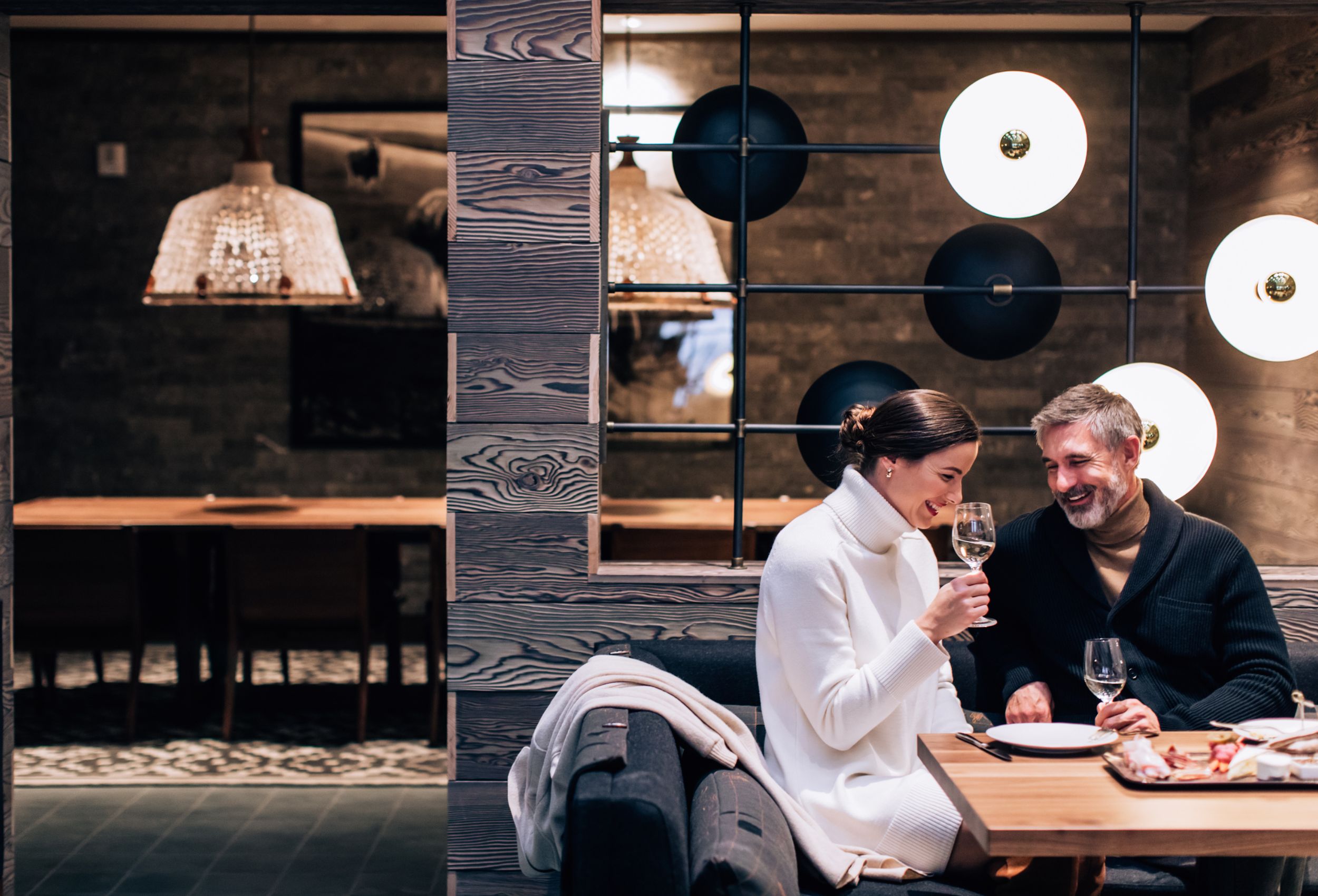In today’s digital age, social media platforms are not just avenues for communication; they’re evolving into powerful marketplaces. This new commercial reality, social commerce, holds significant untapped potential for the luxury hotel industry. Whether through direct purchasing within the app or leveraging user-generated content (UGC), every element on your social media platform can turn a simple post into a selling point.
Why Social Commerce Works
One key question to ponder: when was the last time you booked a luxury hotel room without checking its social media platforms? By integrating social commerce strategies, hotels can increase customer engagement and loyalty. Although integrating booking engines in paid social channels is not 100% a reality, hotels can capitalize on other shopping streams, like the products they offer on the property. Allow your consumers not only to be delighted with lifestyle content but also allow them to buy products that enhance the brand experience and increase consumer loyalty. You just have to showcase those items.
Making the Leap
Integrating social commerce into luxury hotel marketing strategies has never been easier. In fact, every piece of social media content can now become sellable. Because anything showcased by a hotel or its brand ambassadors can be directly purchased by the audience. The technology behind adding purchase options to your posts is built into the content process, eliminating unnecessary steps in setting up and making the transaction process seamless.
How Selling Builds Brands
When you add social media commerce to the equation, all the content, ads, and audience relationships you create can be exponentially more powerful from a business perspective. Luxury hospitality can use social commerce to amplify their brand prestige and increase their digital footprint. By leveraging the platforms where potential guests already spend much of their time, hotels can increase their reach and visibility. Importantly, social media provides an avenue to showcase their brand from a self-owned, earned, and paid perspective.
Exponential Engagement
One advantage of social commerce for luxury hotels is the opportunity for collaboration. User-generated content (UGC) is a powerful tool in this endeavor. When individuals tag your property or items in their posts, the search algorithms reward your popularity to boost the visibility of your content. When you make that content purchasable, you have a built-in endorsement engine that tracks the number of people buying your goods and services. Not only is your content available and shoppable, but you also have super fan engagement with UGC. And what could be more powerful than word of mouth 2.0?
Social Connection & Real Revenue
There’s often a bond between a luxury property and its guests. There can also be bucket list-style bragging rights to tell the world about your great taste. Social commerce offers a significant opportunity for revenue generation based on both of these human emotions. It paves the path for amplifying sales and promoting brand engagement for luxury hotels. The immediacy of tagged or promoted items in social media can spur impulsive buying, subsequently increasing revenue.
The Impact of Targeted Advertising in Social Commerce
The merging of social commerce with traditional advertising campaigns augments their effectiveness. Hotels can now convert their content into shoppable items, directly leading to sales. By targeting specific audiences like socially committed shoppers and harnessing the power of lookalike audiences, they can tailor their ad campaigns to those most likely to convert. This, in turn, boosts the customer base and drives revenue.
Enhancing Customer Insight Through Social Commerce
Social commerce platforms prove valuable in gathering insightful customer data. Every engagement, purchase, or interaction is a chance to learn more about customer preferences and purchasing habits. This vast pool of information is crucial in shaping a hotel’s marketing strategy, adapting offerings to meet consumer behavior, and enhancing sales. Luxury properties well-informed about their guests’ desires and purchase patterns can efficiently cater to these preferences, subsequently enriching the guest experience and encouraging repeat business.
Understanding New Customer Behavior
The continuous evolution of the digital landscape, fused with an influx of social commerce capabilities, is significantly altering how customers engage with brands. Luxury hotels must understand these changes to adapt their marketing strategies to meet these new customer expectations. The emergence of social commerce has made customers more informed, demanding, and selective in their choices. They want to see other guests’ authentic experiences before booking. This change in behavior provides hotels with a golden opportunity; they can carefully curate user-generated content to present their offerings in the most appealing way possible.
The Road Ahead
In conclusion, the rise of social commerce began a shift in the attitude and behavior of customers. Luxury hotels that acknowledge this shift and adapt their strategies accordingly can leverage these changes to their advantage. Social commerce is not just a trend; it is part of the future of marketing in the hospitality industry. It affords an unparalleled level of connection between luxury hotels and their clientele. This will require carefully evaluating user-generated content, creating engaging and sellable content, and strategic collaborations.
Those who embrace this new era reap the benefits of an innovative, interactive, and digitally forward marketing strategy. The future of the hospitality industry will be dominated by those who can effectively harness the capabilities of social media platforms to enhance the customer experience. And create new revenue streams.




